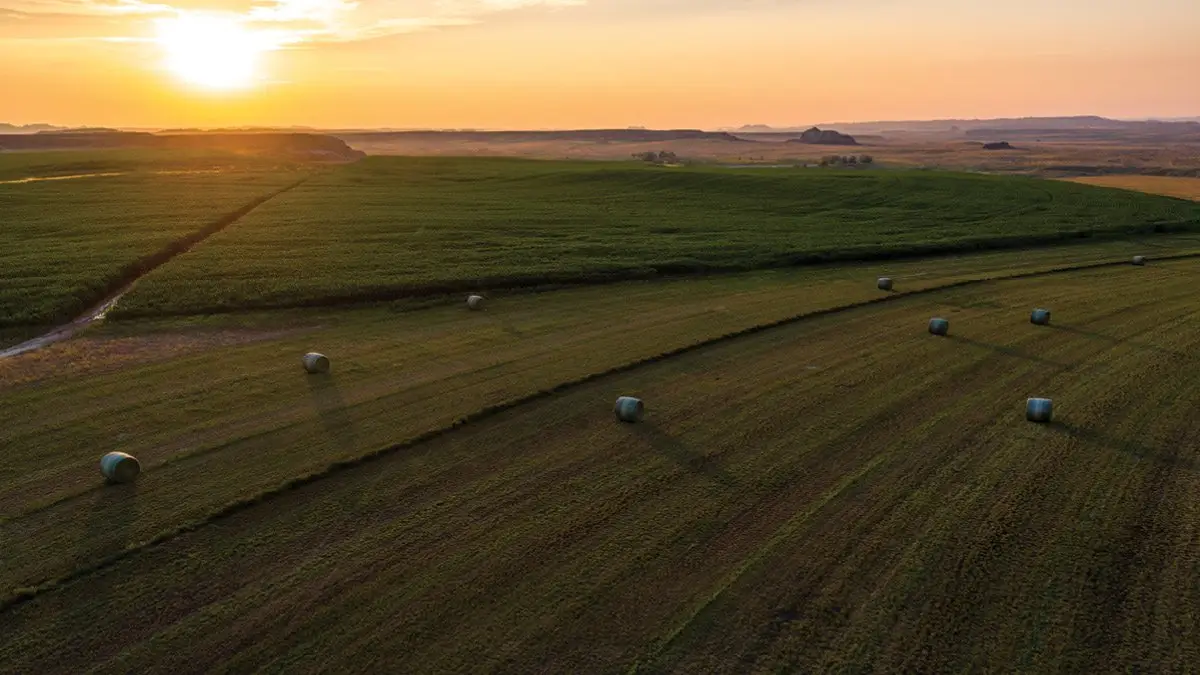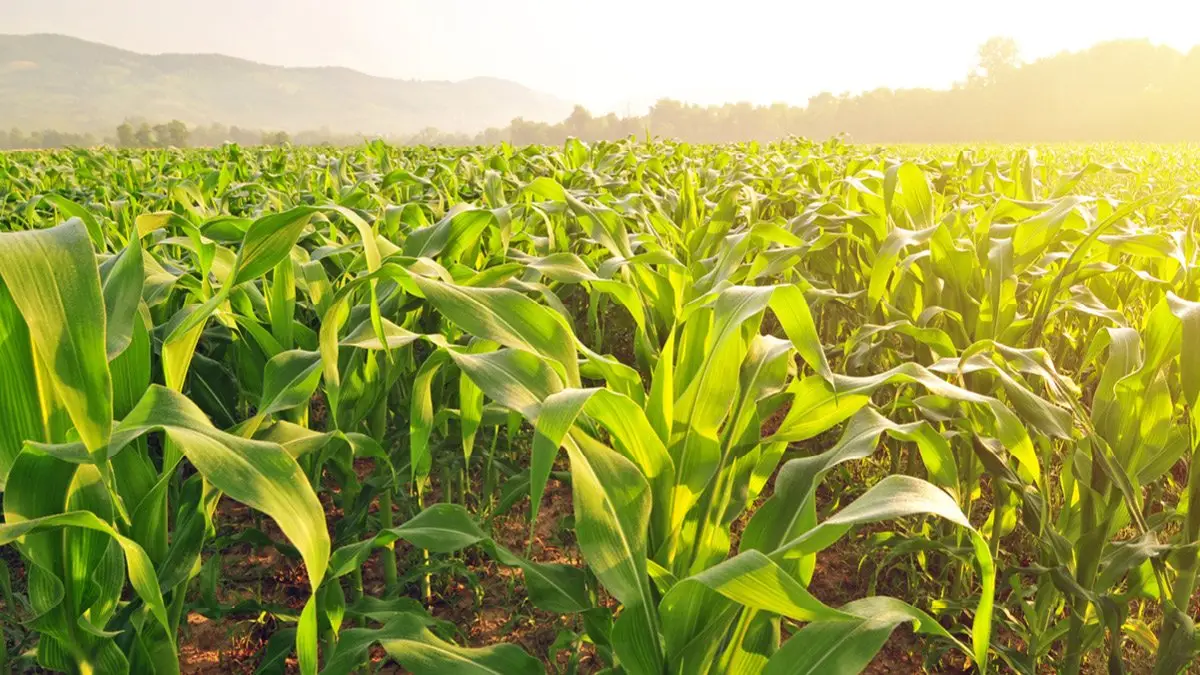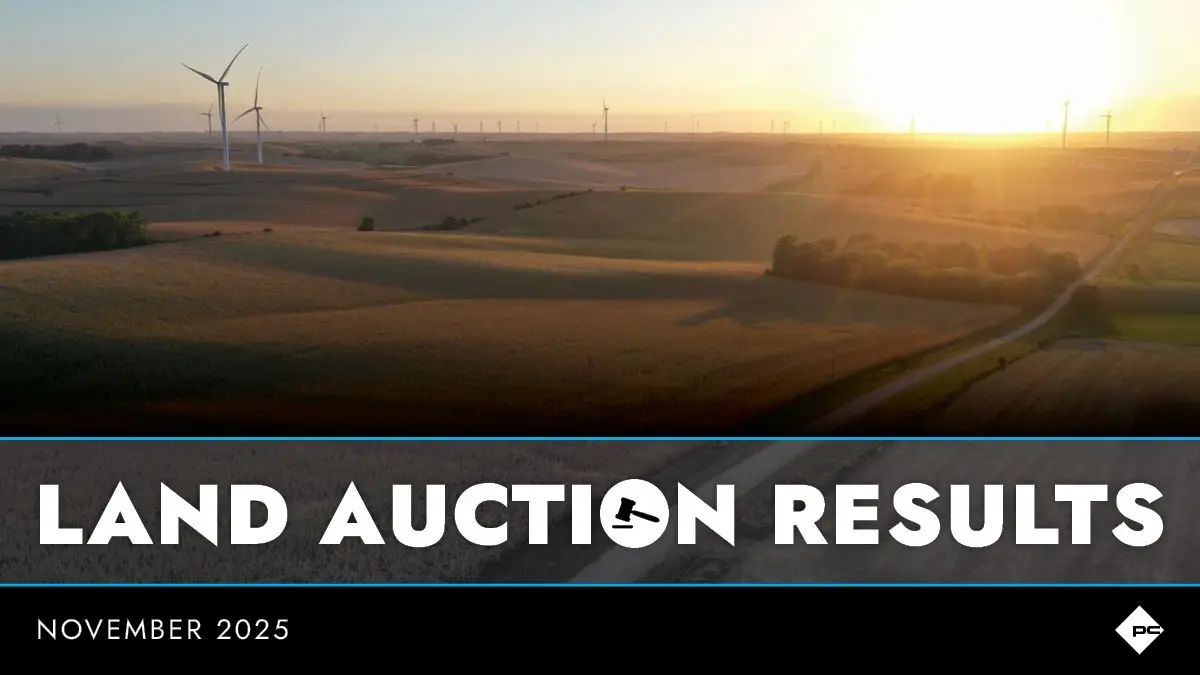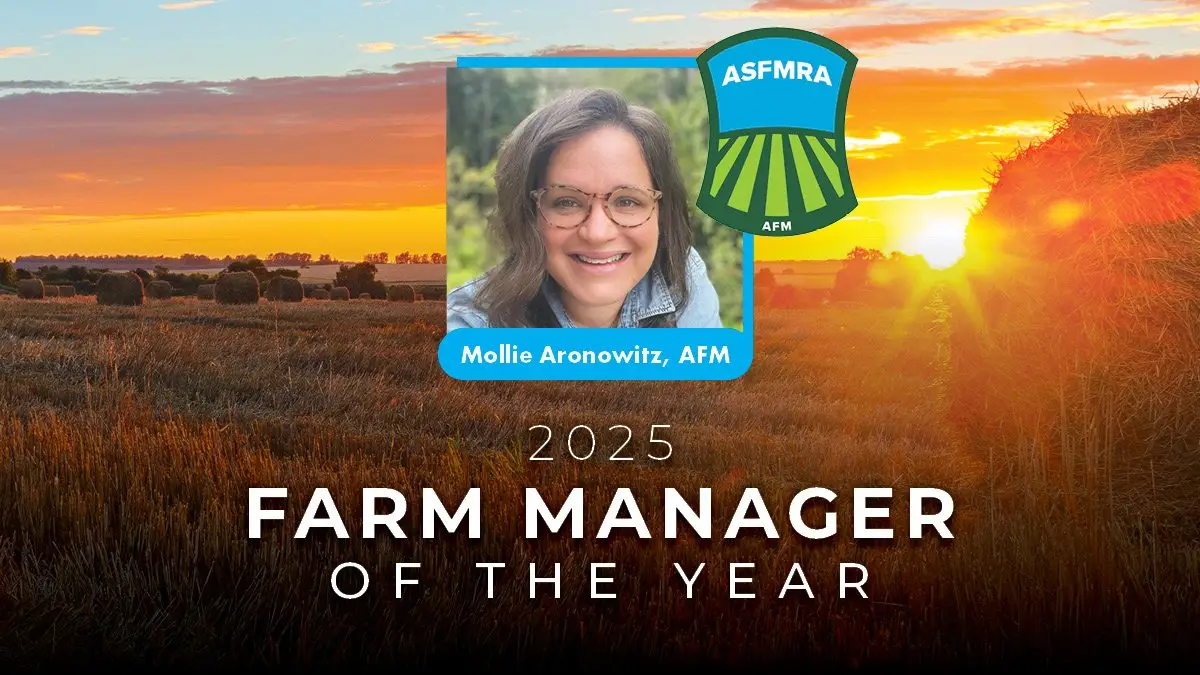Maine Grains operates out of a repurposed jailhouse in Skowhegan.Credit Hilary Swift for The New York Times
How Absentee Landlords Keep Farmers From Protecting Water and Soil and How Peoples Company is Helping Change That
For [the adoption of prairie strips in farm fields] to happen, though, farmers have to be willing to give that land back to nature. And many experts on farmland say that it can make economic sense.
One of them is Steve Bruere, president of Peoples Company, in Des Moines, Iowa. He buys, sells, and manages farmland across the country.
"One of the first things we do, and we do this on every farm that we manage," he says, "we run these profitability maps."
His company creates a detailed map of the farm, sometimes using public databases, in other cases data collected by GPS-equipped machinery that farmers use to fertilize and harvest their crops. The maps show what farmers spend and what they earn on every acre. Bruere's company consistently finds that some of the land loses money.
"It's amazing," Bruere says. "About ten to fifteen percent of all the acres in Iowa aren't profitable." These can be hillsides with eroded soil, or parts of a field where water sits in a big puddle after every rain. That's where Bruere's company advises farmers to cut their losses and maybe bring back some prairie instead. Read More
Land Report 2019 Timberland Deal of the Year: Weyerhaeuser Sells 630,000 Acres of Montana Timberland to Southern Pine Plantations
The Seattle-based REIT – the single largest owner of land in the U.S. – sold the timberland to a real estate holding company owned by Benjy Griffith, who last appeared on the Land Report 100 in 2013. The $145 million cash transaction, announced in December 2019 and completed on March 26, translates to around $230 per acre. The sale included a 110,000-acre conservation easement intended to preserve public access along both the Fisher and Thompson Rivers, an expressed priority for SPP. Local sportsmen and conservationists had voiced concerns that the adjacent public lands would be inaccessible because they were landlocked by private property. Such was the case when the Wilks Brothers (No. 12 on the 2019 Land Report 100) acquired 172,000 acres of Idaho forestland that formally belong to Weyerhaeuser in 2016 and closed off access to hunters, fishers, and hikers. Read More
Farmland Values Likely to Hold Steady
Low interest rates, low supply of land and other factors are positive factors affecting land values, said Michael Langemeier, associate director of the Center for Commercial Agriculture, during a crop outlook webinar.
"As long as the economy stays relatively weak, there's a tremendous pressure for the Fed to keep those interest rates low," Langemeier said.
"That makes you more optimistic on farmland because low interest rates increases farmland prices. I think we are in a new normal for interest rates, they are going to be relatively low for the foreseeable future." Read More
Ghost Kitchens Could be a $1T Global Market by 2030, Says Euromonitor
One of the main drivers of the growth of the ghost kitchen market is the changing cost structures of the foodservice environment, Schaefer said. Ghost kitchens push restaurant cost structures toward delivery rather than in-person dining, and the reduction of employees that comes with a delivery-focused model can significantly bring down rent and staffing costs for restaurants and grow thin margins, he said.
For example, 60% of the cost of a Starbucks latte represents the cost of rent and staffing, according to Euromonitor, which cited data from Financial Times. As delivery becomes less expensive and ghost kitchens grow and become more centralized, reducing food delivery times in the process, restaurants could find financial gains in optimizing their business for off-premise rather than dine-in experience.
"The real bellwether post-COVID of how much ground delivery is gaining is what happens in the drive-thru realm. If we see markets like the U.S. and others with significant drive-thru traffic moving in the direction of delivery, if we ever see drive-thru traffic moving backwards — certainly not happening right now — that is a very strong sign of a sea change, an inflection point, being reached in the overall market," Schaefer said. Read More
The Flour You Bought Could Be the Future of the U.S. Economy
By the established logic of the business world, Maine Grains, a small miller of flour in a rural part of the state, should not exist. With some 20 employees, it mills about 2,000 tons of flour a year in an industry where larger companies can mill more than 20,000 tons a day. Grain has long been a commodity business, and milling is driven by size and scale. Yet tiny mills like Maine Grains and small brands like King Arthur Baking Company and Bob's Red Mill are thriving. They raise a bold question: Could flour, of all products, suggest a better path for more of the U.S. economy?
Milling flour, at the risk of stating the obvious, is not a new business. The basic technologies of milling were invented sometime in the third century B.C. For the early centuries of American history, local mills, powered by water, were economic anchors for small towns across the American colonies and, later, the nation. Their physical legacy is the hundreds of old stone gristmills scattered around the country, some converted to other uses, others quietly decaying.
The abandoned mills are testament to the fact that during the 20th century, the business of flour was almost entirely overtaken by large, centralized operations. For many decades now, flour has been ruled by the central dogma of American business strategy: maximization of size and scale, ideally to the point of monopoly. Most of America's large national corporations are built on this model. The exemplars, like pharmaceutical companies, airlines and cable operators, have particularly deep "moats" (barriers to competitive entry like patents) and fat profits. Read More







